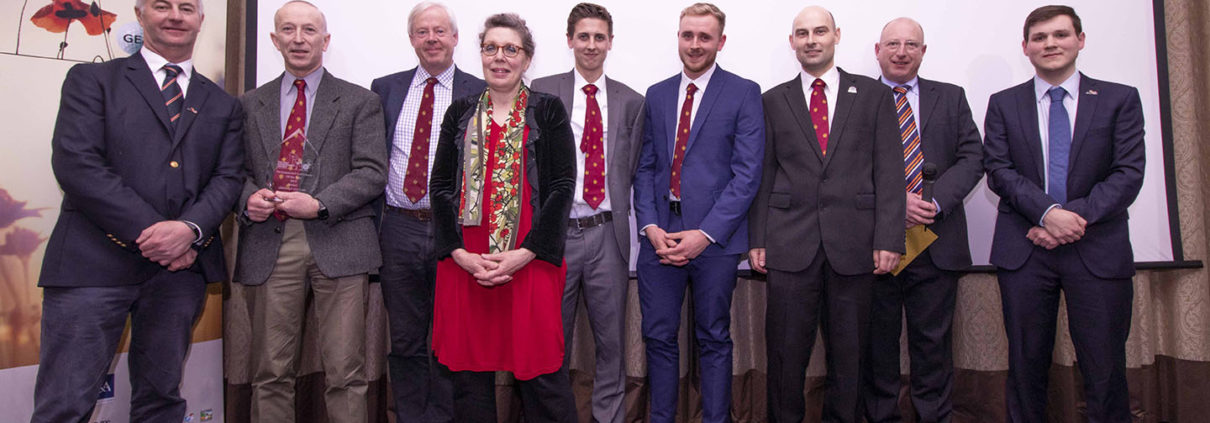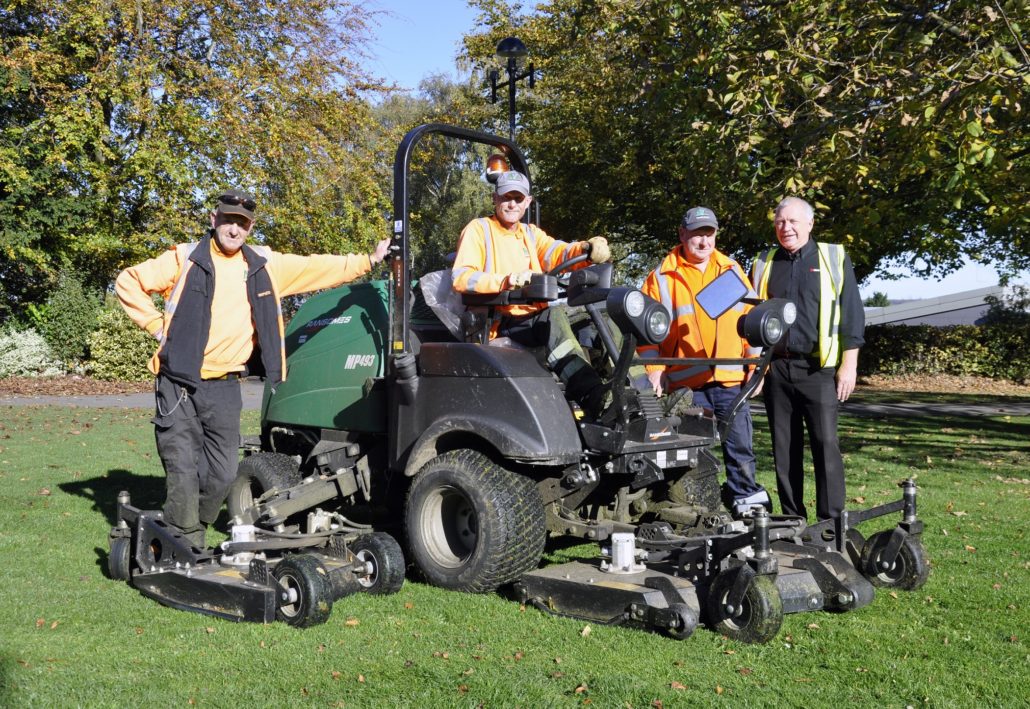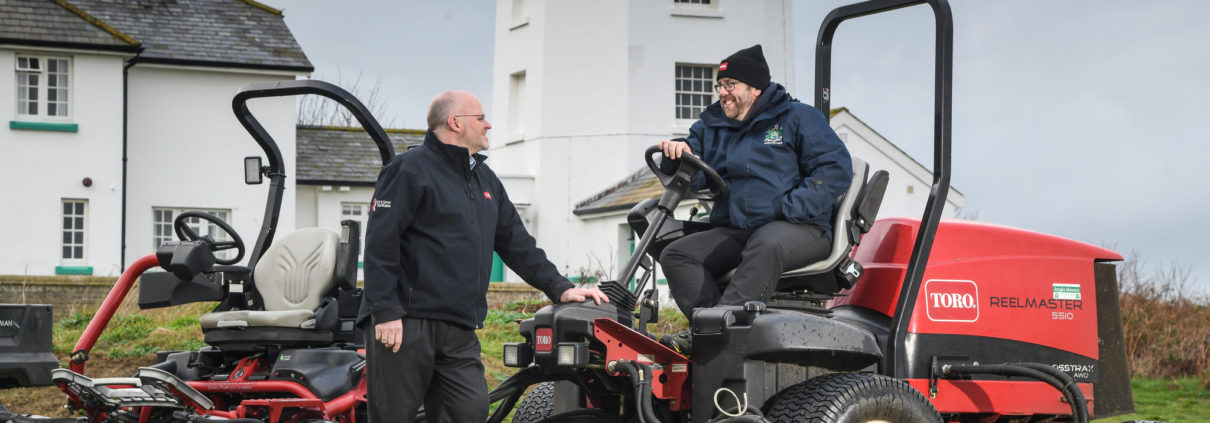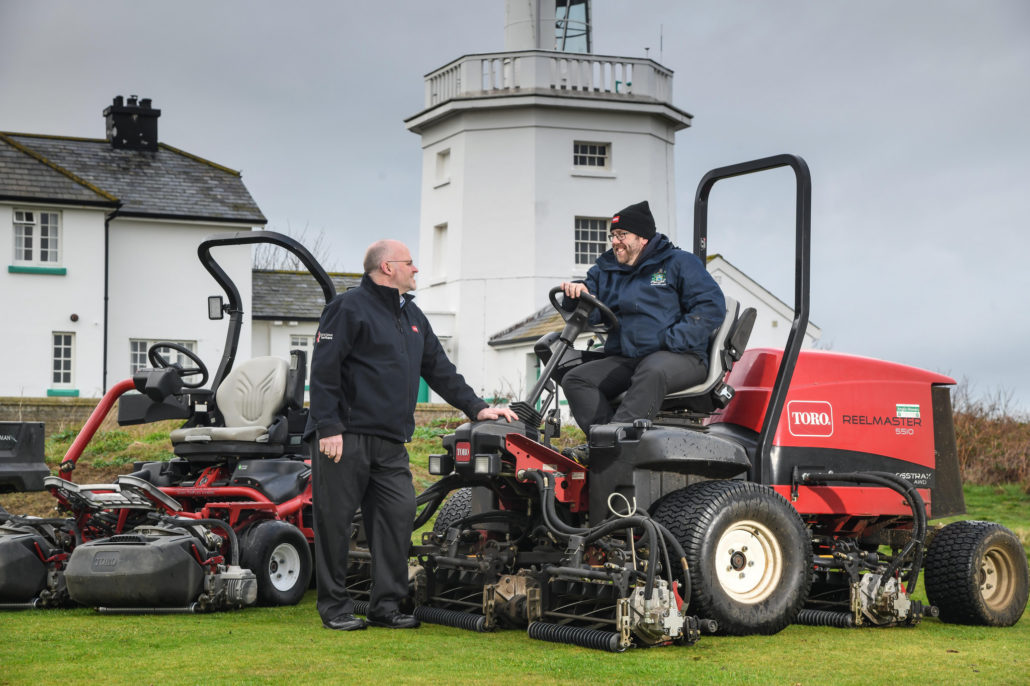Golf Environment Awards 2019
Golf Environment Awards 2019: The winners of the 2019 Golf Environment Awards (GEAs) have been announced at The Crown, Harrogate, in a ceremony hosted by STRI Group and The R&A.
Environmental Golf Course of the Year 2019 – Aldeburgh Golf Club
Creating what many thought to be impossible, an almost perfect blend of course and ecology to the point where it is hard to tell where one begins and another stops. All without sacrificing the playability of the course.

Conservation Greenkeeper of the Year 2019 – Phil Stain
Phil and his team’s knowledge of ecological practice to maintain a course that is in keeping with the surrounding countryside and create great community engagement.

Outstanding Environmental Project of the Year 2019 – Wylihof Golf Club
An innovative new design of ecological enhancement shows that we still have a lot to learn. Conservation is a young science and there is still plenty of room for new ideas.
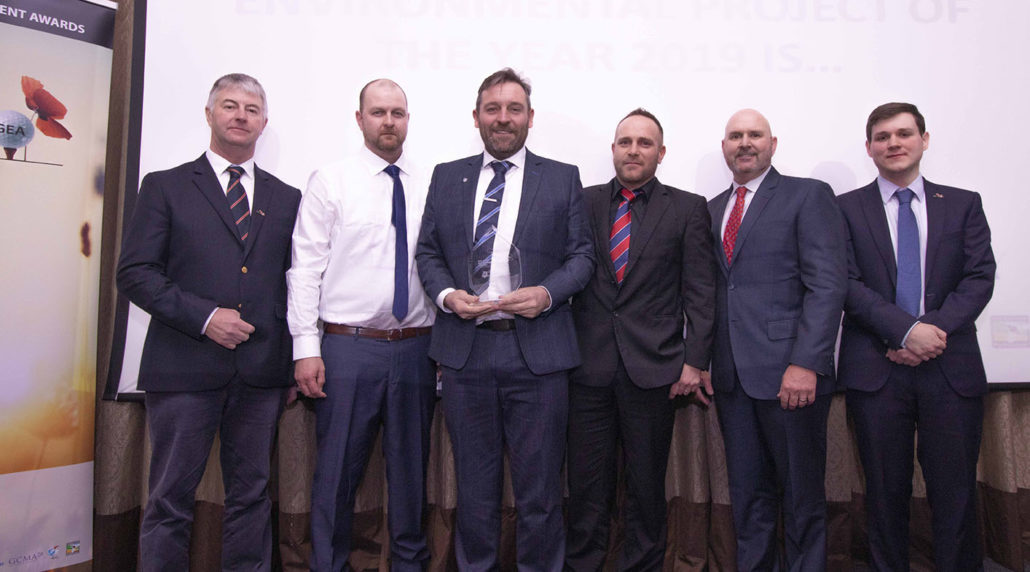
Operation Pollinator 2019 – Corhampton GC
The club has shown that you have to be brave when it comes to habitat management, but the results of their efforts are well worth it creating big new expanses of habitat for pollinators.
STRI ecology consultant, Rowan Rumball, said: “A huge congratulations to the winners and finalists of this year’s awards. We have been amazed by the work that golf clubs and greenkeepers are doing for the ecological and environmental wellbeing of their courses and within the local community.
“Environmental best practice is an important part of all golf clubs’ working remit and through the introduction of next year’s Home Nations awards we hope more clubs will be encouraged to enter the 2020 GEAs.”
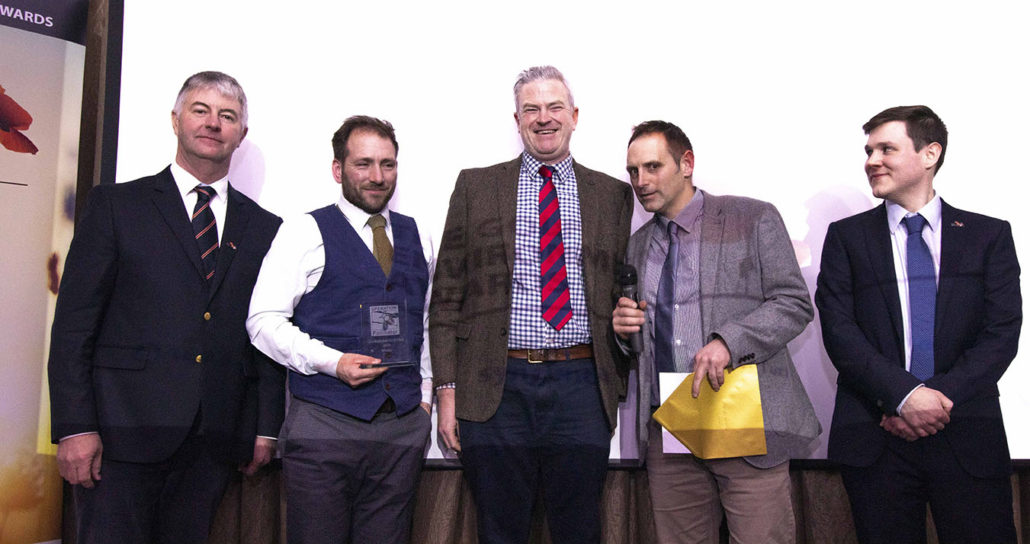
A Lifetime Achievement Award was also presented to Gordon Moir, retired Director of Greenkeeping at St Andrews Links Trust.
STRI head of ecology, Bob Taylor, said: “It was a real pleasure to be able to honour Gordon Moir at the Golf Environment Awards 2019 with a Lifetime Achievement Award, giving recognition to his dedication to ecology and environmental sustainability, and all that he has achieved during his illustrious career spanning over 27 years at the St Andrews Links Trust”.

For the latest industry news visit turfmatters.co.uk/news
Get all of the big headlines, pictures, opinions and videos on stories that matter to you.
Follow us on Twitter for fun, fresh and engaging content.
You can also find us on Facebook for more of your must-see news, features, videos and pictures from Turf Matters.

